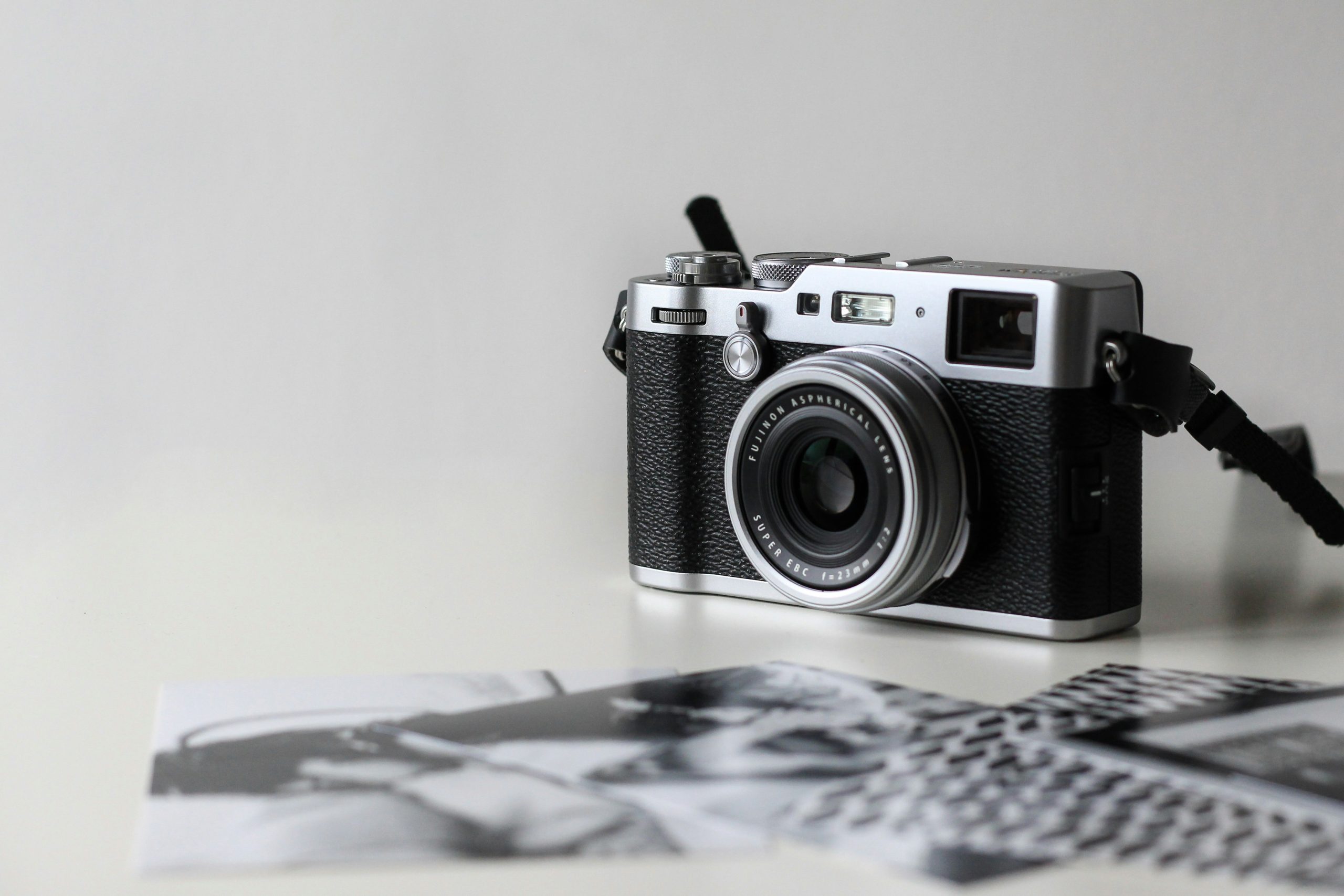What is a pseudo-photograph in indecent images law?
Most people in the UK are aware that it is illegal to possess, distribute, or produce ‘indecent images’ of children – and that being found guilty of such an offence can result in significant penalties.
However, some people may not know what exactly can be defined as an indecent image, or that this area of the law also applies to ‘pseudo-images’ – not just original photographs or videos.
Here is a summary of what is considered a pseudo-photograph in indecent images law, and what the penalty could be for involvement with this particular type of indecent image.
What is an indecent image offence?
Under the Criminal Justice Act and Protection of Children Act, it is a criminal offence to be involved with an indecent image of a child – e.g. nude or partially nude, posing provocatively, or engaging in sexual activity. It is therefore illegal to:
- Take (or permit to be taken) or produce an indecent image or pseudo-image
- Possess or access such indecent images or pseudo-images
- Distribute or show such indecent images or pseudo-images to others
The law specifies that a child is a person under the age of 18 years old, and ‘images’ include not just still photographs, but also videos, pseudo-images, and files that can be converted into images.
What is a pseudo-photo or pseudo-image?
A ‘pseudo-photograph’ is a partially ‘fake’ image that appears to be a photograph of a child – whether this is created through digital manipulation using computer graphics or other means.
This can be an altered or computer-generated photograph or video, or digital data that can be stored electronically and be converted into a pseudo-image. In either case, it is still a criminal offence to produce, possess copies of, or distribute such indecent images.
If the pseudo-image creates the impression of depicting a child in a state of nudity, erotic posing, or sexual activity, then it will legally be treated as though it was a real image depicting an actual child – even if some adult physical characteristics may be shown.
Can you go to prison for pseudo-photographs?
As pseudo-images of children are treated the same way as non-manipulated indecent images in the eyes of the law, it is just as illegal to access, possess, distribute, or produce them, and the legal consequences can be just as serious.
Pseudo-images will be categorised according to their severity under the same system as all indecent images, so the penalties for involvement with pseudo-indecent images of children will depend on what the pseudo-images depict and the surrounding circumstances.
These penalties could range from 26 weeks’ custody and a community order for less severe offences to 9 years’ custody for the most severe. The minimum starting point for a prison sentence on conviction can progress from 18 months to 2 years to 6 years, though these may be reduced with mitigating factors or increased in the case of aggravating factors.
Anyone convicted of a pseudo-images offence may also be subject to further penalties after completing their sentence, such as registering as a sex offender and potentially being banned from contact with children or freely accessing the internet.
Is there a defence for pseudo-images?
There are several possible defences that could be put forward if you are accused of a pseudo-images offence. The primary defence is a lack of awareness, as a defendant may have accidentally downloaded them to a device through malware, or may have believed they were accessing different images with no reason to suspect they were indecent.
If the defendant is required to access indecent images in their line of employment, such as for legal, medical, or research purposes, this could also be presented as a defence – though the courts are likely to approach such a defence with more scepticism.
Regardless of the circumstances, if you find yourself accused of an indecent images offence regarding pseudo-images, it is essential to seek legal representation as soon as possible.
Solicitors who are well-versed in the law regarding indecent images and related pseudo-images can ensure that you understand your rights and do not do anything that could later harm your defence if you are charged and taken to court.
If this happens, indecent images solicitors can support you through the process and provide the strongest defence to avoid conviction or to secure a proportionate sentence where a conviction cannot be avoided – with your best interests as a priority.

